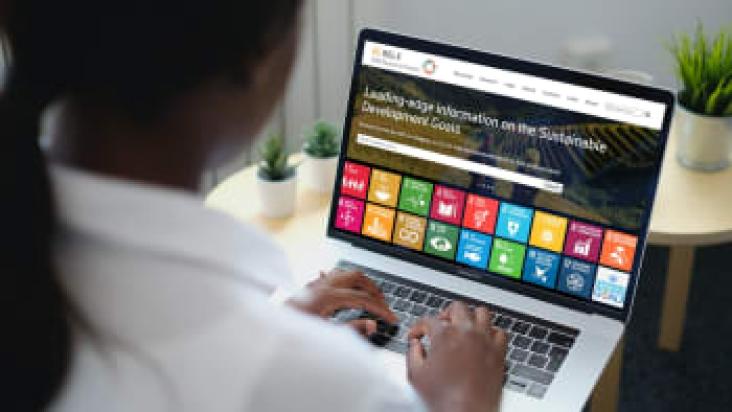

In this round up of 2024, we share the Special Collections published on the SDG Resource Centre throughout the year, featuring more than 800 research articles and book chapters made freely available to advance knowledge and accelerate the achievement of the United Nations Sustainable Development Goals by 2030.

The UNGC's latest report on “Accelerating Innovation in Sustainable Finance” offers models for businesses on how to deliver financial returns and positive global impact – together.
The authors contend that future research conducted by, with and for Indigenous peoples, particularly in addressing the cultural determinants of health within education, may contribute to a clearer representation of the cultural determinants of health in the literature.


